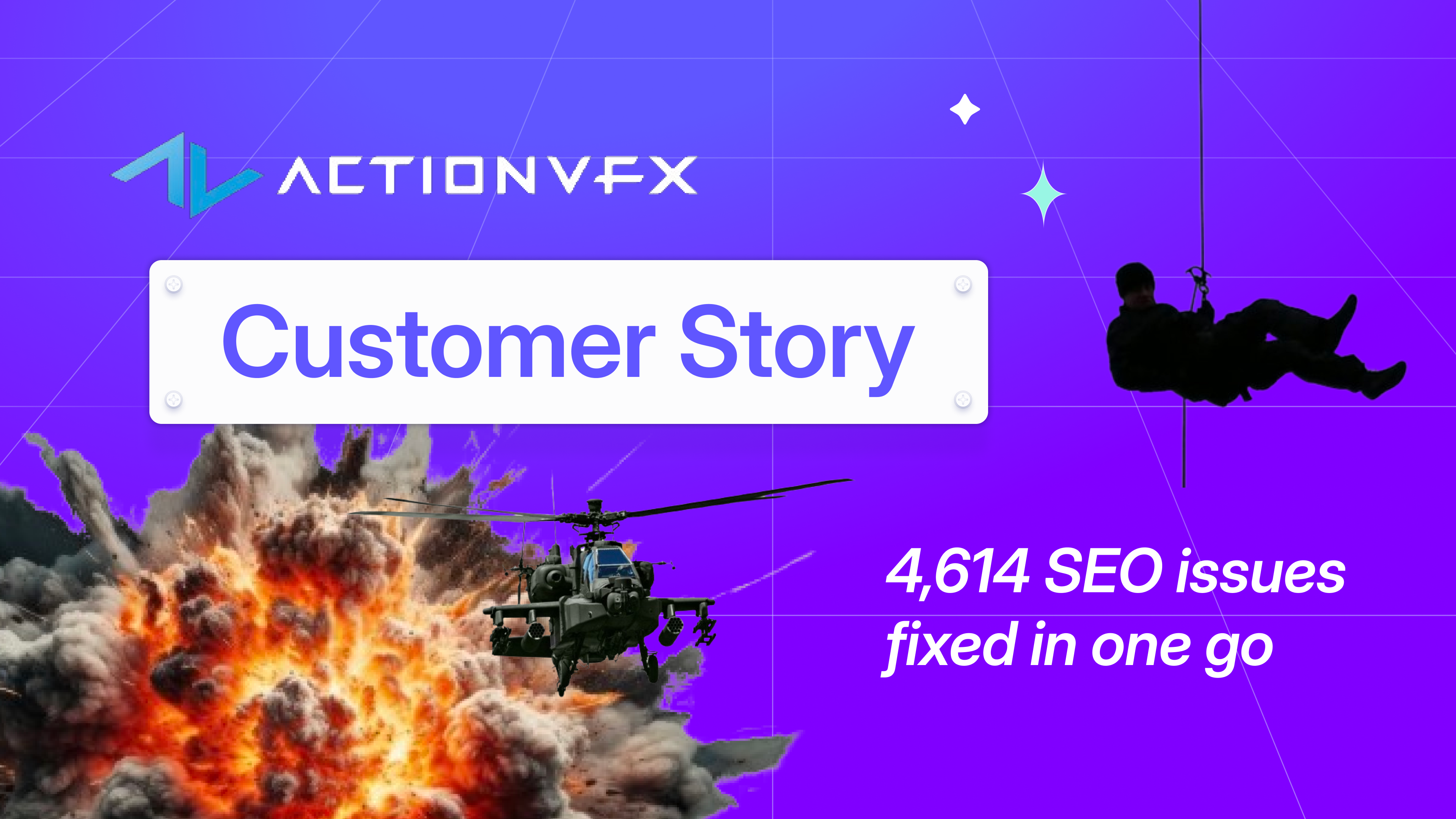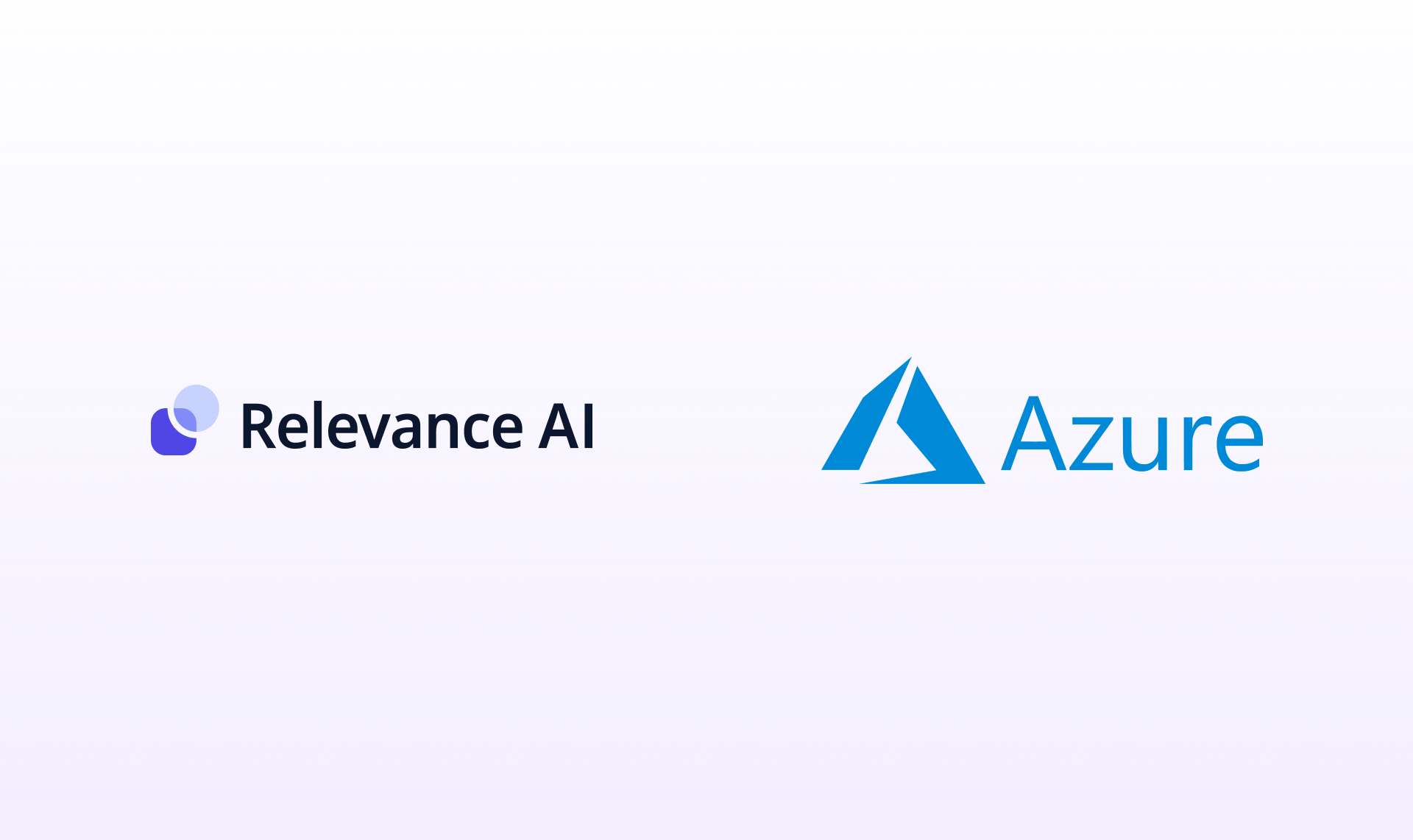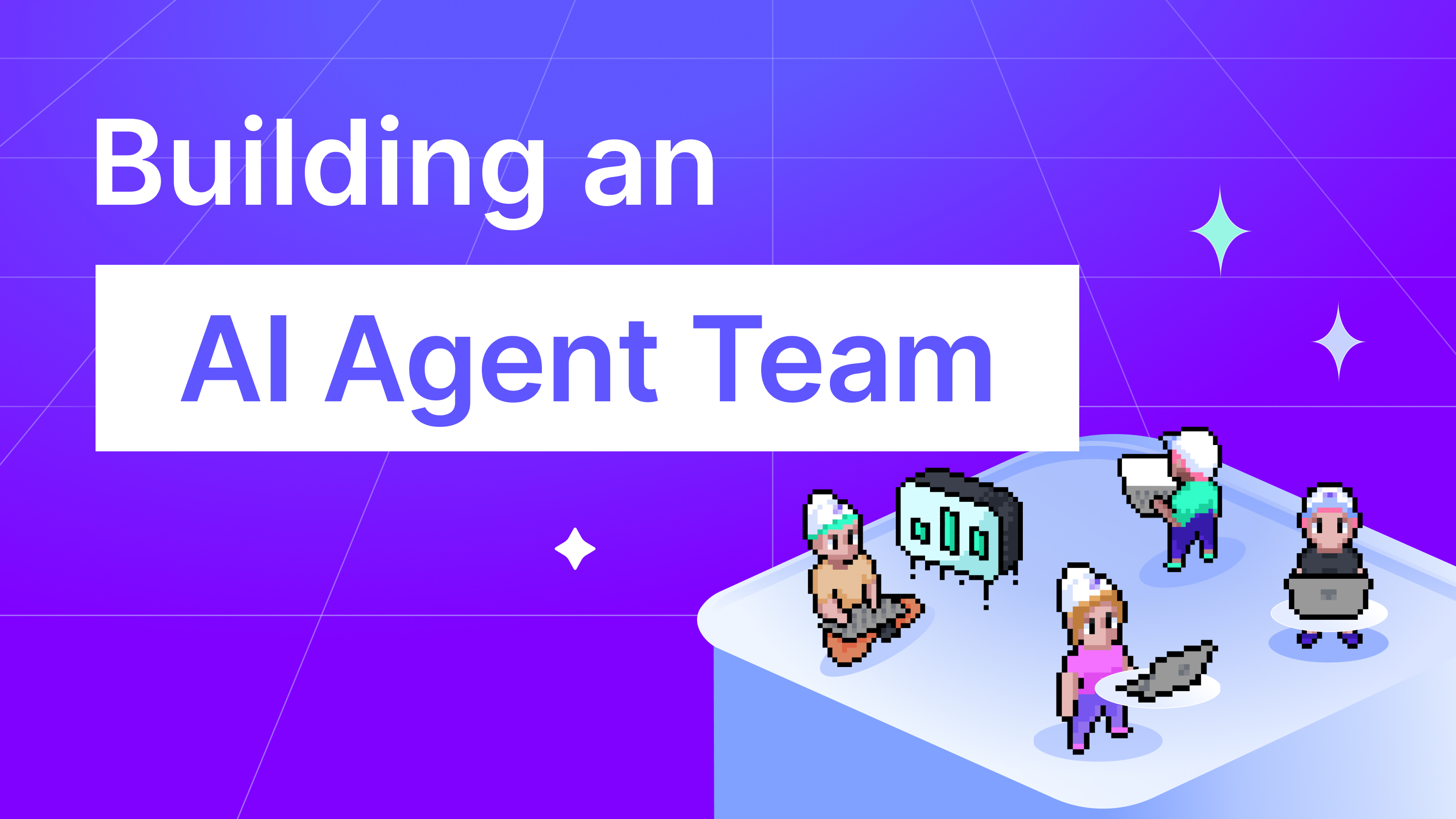
What is the Role of AI Co-workers in HR Management?
Artificial Intelligence (AI) has become a transformative force in various sectors, including Human Resource Management (HRM). But have you ever wondered about the interaction between AI and human workers, particularly in HR teams?
The Emergence of AI in HRM: A Shift in Perspective
Traditionally, AI's role in HRM has been viewed from a functional perspective, focusing on retraining and skills development for workers whose jobs may be replaced by AI. However, the emergence of AI as co-workers in HR teams has necessitated a shift in this perspective.
AI and Human Workers: A New Interaction
The interaction between AI and human workers is visible in diverse contexts such as the military, construction, agriculture, medical/healthcare, analytical services, and manufacturing. This interaction has significant implications for HRM.
The Impact of AI on HRM: Opportunities and Challenges
Prior research has highlighted challenges such as job loss, changed professional demands, the need for new skills development, and altered talent management dynamics. However, a KPMG report suggests that the majority of CEOs believe AI will create more jobs than it eliminates, contrasting with the views of most HR managers.
Job Creation vs Job Loss: A CEO vs HR Manager Perspective
This difference in perception underscores the need for a nuanced understanding of AI's role in HRM. But what are the potential strategies to navigate these challenges?
Integrating AI in HR Teams: Challenges and Strategies
The integration of AI in HR teams presents unique challenges. Workers' fear of job loss, distrust of AI, and the dynamics of building trust between human workers and AI-enabled robots are significant hurdles.
Overcoming Fear and Distrust: The Role of Organizational Support
Organizational support mechanisms, such as a conducive environment and training opportunities, are crucial for overcoming these challenges. HR departments must ensure a viable level of technology-specific competence in employees before introducing them to work in teams comprising humans and robots.
AI Training for HR Teams: Building Trust and Competence
Training is a critical component in the successful integration of AI in HR teams. But how can training support trust in emerging technologies?
Addressing Workers' Fear and Managing Expectations
Training can support trust in emerging technologies and their effective leverage in the workplace. It can also help address workers' fear of working with AI and manage their task fulfillment expectations with their AI-enabled robot colleagues.
The Future of HRM: Navigating AI and Human Interaction
The interaction between AI and human workers, particularly in HR teams, is a complex phenomenon with significant implications for contemporary organizations. While challenges exist, they can be mitigated through strategic HRM practices, including comprehensive AI training for HR teams.
As AI continues to evolve, so too must our understanding and management of its role in the workplace. The future of HRM lies in successfully navigating the intricate dynamics of AI and human interaction.
Ready to embrace the AI revolution in your HR team? Sign up to Relevance AI for free and hire your own AI Agent. Get to value in less than a few minutes. With Relevance AI, you can leverage AI to streamline your HR processes, enhance decision-making, and foster a culture of continuous learning and development.









